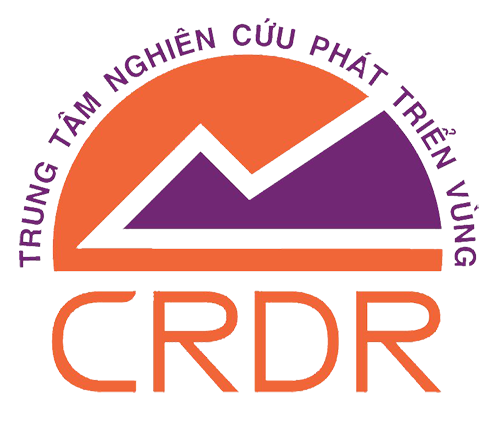Data center virtualization enables companies to share infrastructure resources and improve flexibility, scalability, and efficiency. Cloud computing is dependent on this technology, and offers benefits like cost savings and enhanced disaster recovery, simplified management, and improved scalability.
Server virtualization removes specific hardware server models and vendors, which allows businesses to run multiple applications on one physical server. It also reduces the requirement for hardware servers, which in turn reduces equipment costs. It also optimizes the use of hardware by leveraging memory and virtual storage to handle multiple tasks.
Companies can streamline their IT management by consolidating servers and optimizing resource usage and reducing energy consumption by using virtualization technologies for data centers such as VMware Hyper-V and Microsoft vSphere. They can also set up monitoring and management systems to monitor patterns in energy usage, find inefficiencies, and take data-driven decisions to make improvements.
Companies that want to leverage data center virtualization should consider the various choices available, and evaluate features, customer support, performance and scalability. Choosing the right hypervisor is also crucial and many companies choose solutions from well-known providers such as VMware and Microsoft while others choose open source platforms. In the end, the choice should be based on the requirements and budget of every business. Additionally, when consolidating workloads, it is essential to be aware of the need for adequate cooling to avoid heat-related original site issues.
